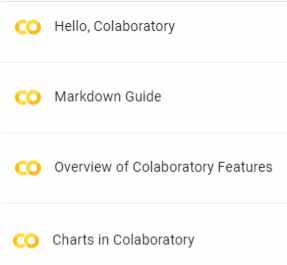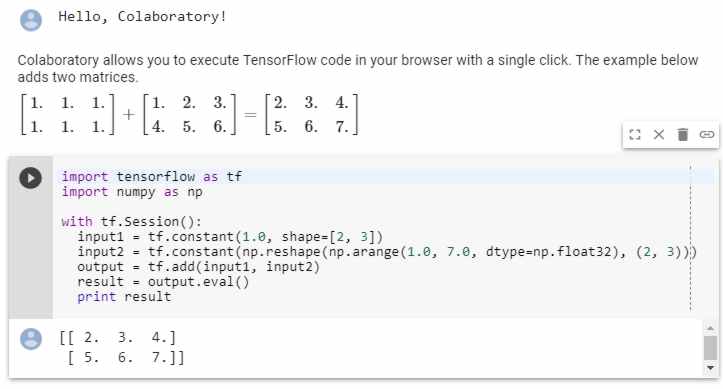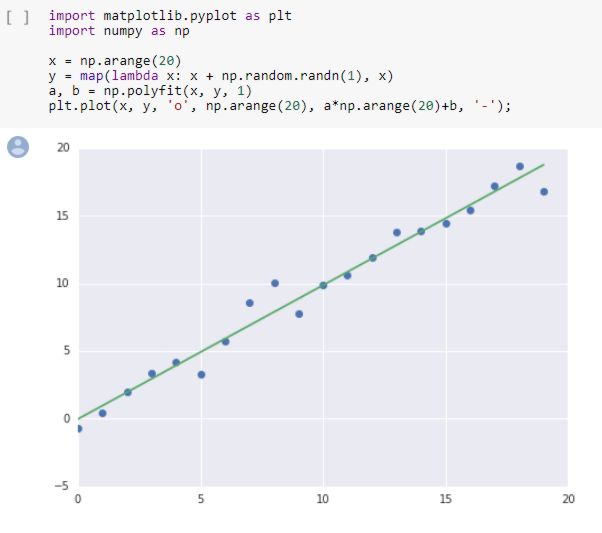| Google Opens Doors To Its Colaboratory |
| Written by Janet Swift | |||
| Monday, 27 November 2017 | |||
|
Last month Google made another of its in-house data science tools freely available for anyone to use. Colaboratory is a document collaboration tool that has the ability to run code and show its output within the document. It is another step towards making AI and data accessible to all. Colaboratory isn't new. Back in 2014 the Google Research blog reported: Google Research is excited to be a partner in the coLaboratory project, a new tool for data science and analysis, designed to make collaborating on data easier. Created by Google Research, Matthew Turk (creator of the yt visualization package), and the IPython/Jupyter development team, coLaboratory merges successful open source products with Google technologies, enabling multiple people to collaborate directly through simultaneous access and analysis of data. This provides a big improvement over ad-hoc workflows involving emailing documents back and forth. The original GitHub project has now been deprecated and, now known as Colaboratory, the latest version is hosted by Google Research where it can be accessed for free. Colaboratory is based on Jupyter and it allows you to use and share notebooks with others without having to download or install anything on your computer. All you need is a Chrome browser and notebooks are stored in Google Drive and can be shared in the same way as Google Docs or Sheets. When you fist access Colaboratory you'll find a set of supplied notebooks that constitute its Help.
From the overview of features we learn that a Colaboratory notebook it is comprised of cells which either contain explanatory text or executable code and its output. It goes on to provide guidance about working with Python. At the moment Colaboratory only supports Python 2.7. Its FAQ's explain that this is because that's the version of Python still used internally by Google Research. Although it would like to support Python 3 and other Jupyter kernels such as R or Scala, there no immediate prospect of doing so. As Colaboratory is a research project for the dissemination of research and machine learning education, one of the first example you encounter if of using it.in the Hello, Colaboratory notebook, is of adding two matrices in TensorFlow: Clicking the Run icon runs the code and displays the answer. The next example uses matplotlib - without you needing to do anything to do anything other than click Run. Then comes the advice about importing commonly used libraries using pip install. Other supplied notebooks provide help with using it for data visualisation with formatting text using its markup language called "markdown". Once you've worked through them all you should be able to use it for your own purposes with your own data. So why is Google being so generous - first Tensor Flow, now Colaboratory? In opening up the world of AI to anybody who wants to make use of it and perhaps Google becomes synonymous with machine learning just as with search.
More InformationRelated ArticlesTensorFlow - Googles Open Source AI And Computation Engine
To be informed about new articles on I Programmer, sign up for our weekly newsletter, subscribe to the RSS feed and follow us on Twitter, Facebook or Linkedin.
Comments
or email your comment to: comments@i-programmer.info |
|||
| Last Updated ( Tuesday, 28 November 2017 ) |






